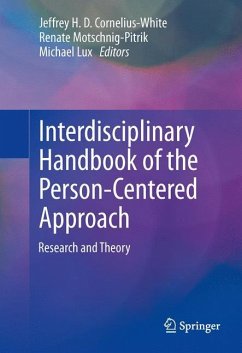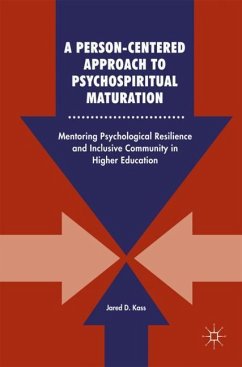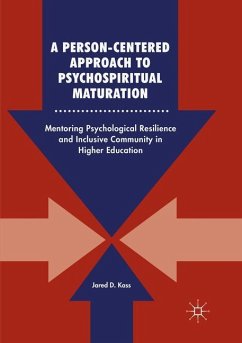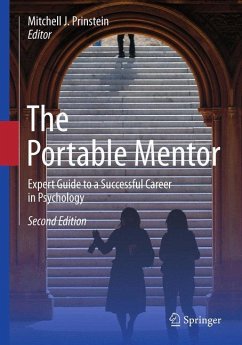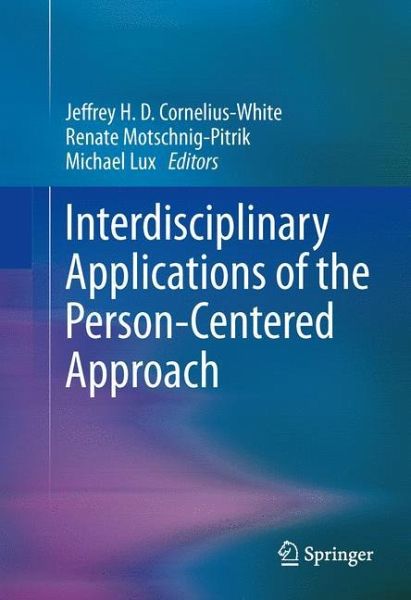
Interdisciplinary Applications of the Person-Centered Approach

PAYBACK Punkte
19 °P sammeln!
?This book examines the scientific contribution and increasing relevance of the Person-Centered Approach (PCA) in psychotherapy. The direction taken in the book is to provide readers with a multidisciplinary and multi-perspective view as well as practical applications. Beyond the more conventional psychotherapy applications (client-centered, experimental, emotion-focused, child-centered, motivational interviewing, existential, filial, etc.) others have evolved including peace and conflict resolution work, encounter and T-groups, nonviolent communication, parent effectiveness training, person-centered planning for people with disabilities, relationship enhancement methods, learner-centered education, technology-enhanced learning environments, human relations leadership training, etc. Simultaneously, scientific disciplines were influenced by this perspective in less obvious ways. Hence, the major contribution of this book is to identify and characterize the key bridges-so far only partly recognized- between the PCA and several other disciplines. Based on the results of the bridge-building endeavor, the editors will propose an initial formulation of the PCA as a meta-theory. It is intended as a generic framework to solve complex, social problems and to stimulate further research and development concerning the human species in relationship to its environment.?




